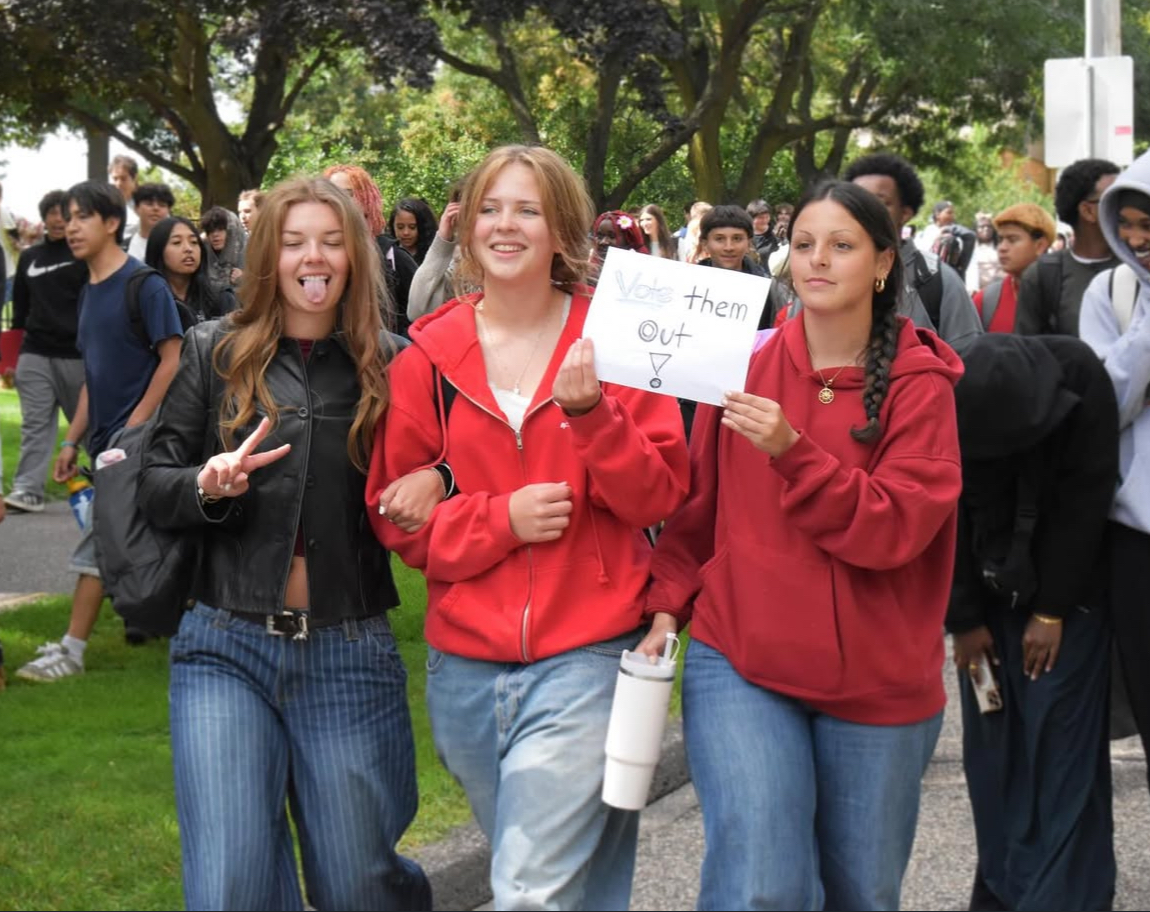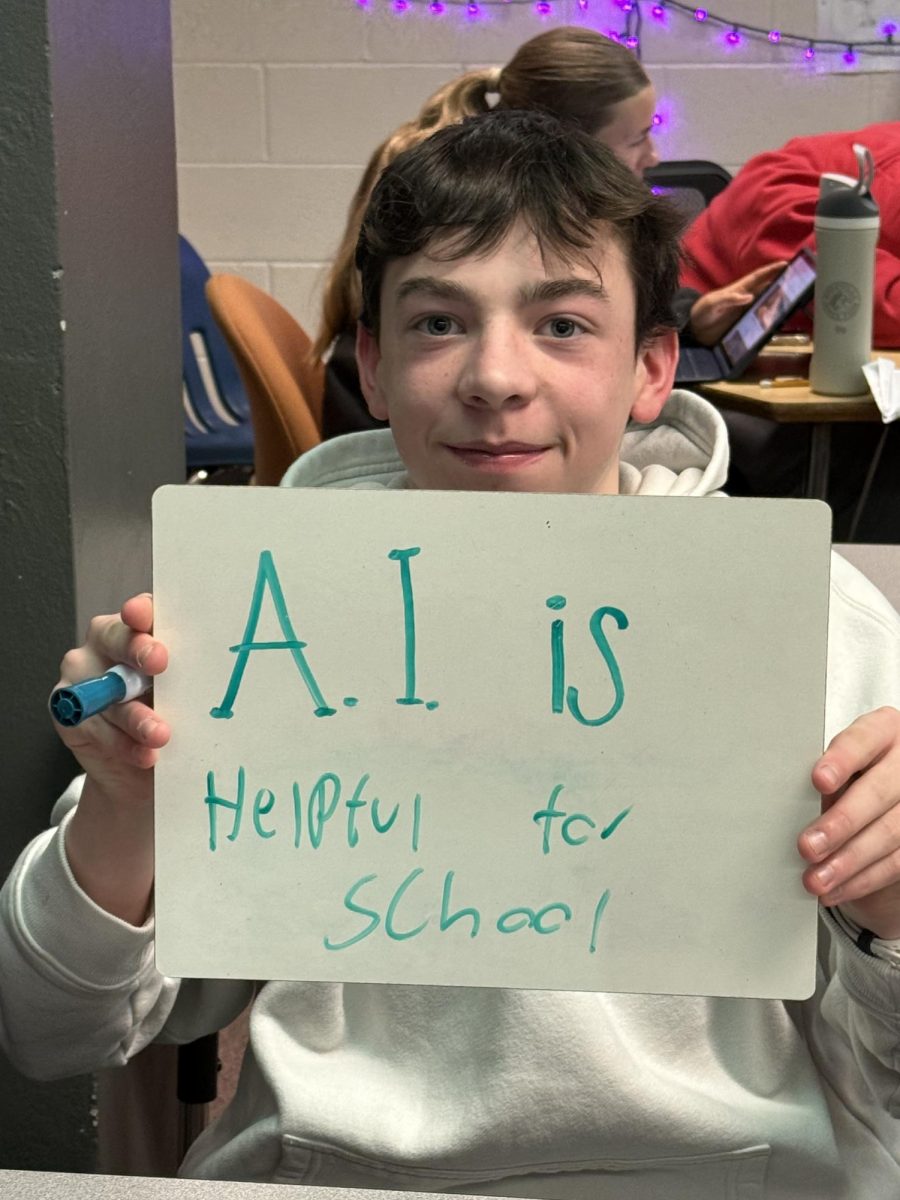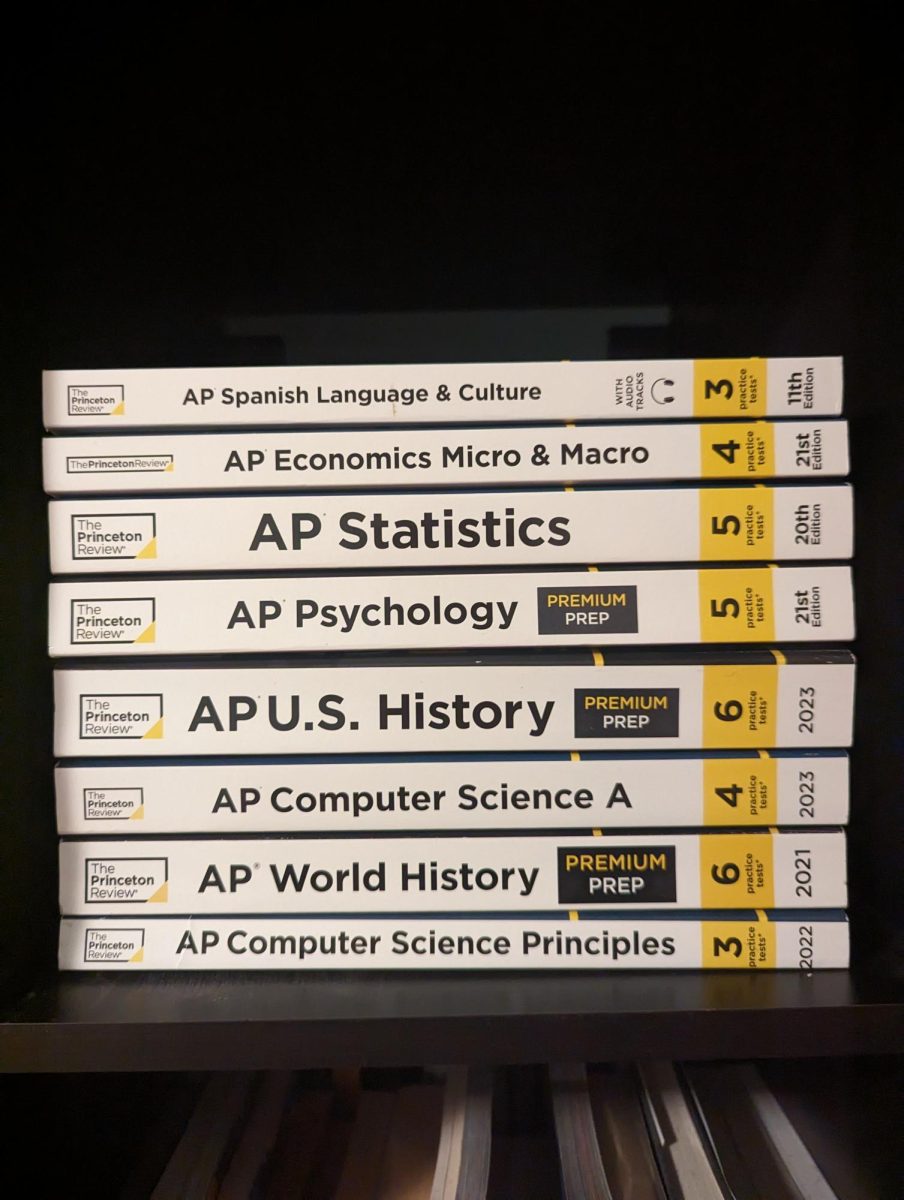There is a wide variety of films out there, but there are few that go beyond entertainment–shifting how we see the world, provoking new ideas, and staying with us long after our first time watching them. These five films did just that for me, offering me a fresh perspective and making me experience devastating emotions. These are not just movies, they’re life-changing experiences I believe everyone should have at least once, and here’s why:
Film 1: Moonlight (2016) directed by Barry Jenkins
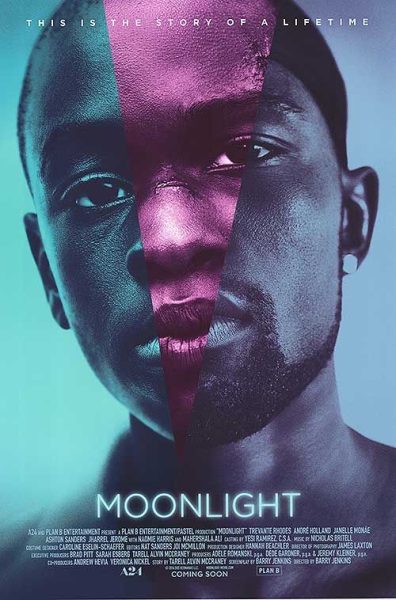
A powerful coming-of-age drama that follows the life of Chiron, a young black man who struggles with his identity. The film is segmented into three chapters, each focusing on the different stages of his life: his childhood, teenage years, and adulthood. This film explores the struggles of masculinity, race, and sexual orientation. Moonlight was life-changing for me because it depicted Chiron’s heartbreaking and authentic struggles, while also prompting us to reflect on who we are and how love, in all its forms, can heal us.
Film 2: The Joy Luck Club (1993) directed by Wayne Wang
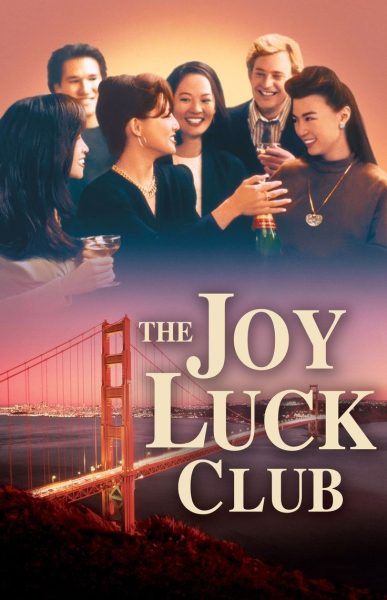
Based on the book by Amy Tan, The Joy Luck Club is a heartfelt drama that explores and portrays the lives of eight Chinese-American women and their complex relationships with their mothers. This film highlights the tensions between the two generations as they navigate identity, tradition, and personal freedom. Set in both China and America, exploring the culture of both, we learn about the mother’s struggles in China before immigrating to the U.S. At its core, the film explores the quiet sacrifices, generational trauma, and cultural divides that often exist between immigrant mothers and their daughters. Ultimately, this film outstandingly portrays the sacrifice of these immigrant mothers who experienced painful histories that they carry with them–often projecting their fears and emotional burdens on their children. The Joy Luck Club shifts our perspective on family, sacrifice, and generational love.
Film 3: Aftersun (2022) directed by Charlotte Wells
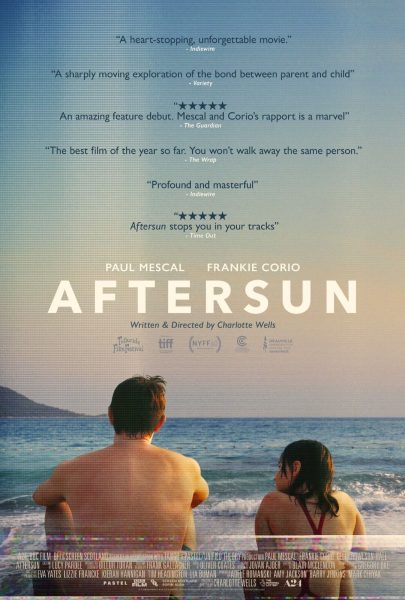
A melancholic drama about a relationship between a father and daughter as they are on vacation together at a resort in Turkey. This film is subtly complex–-implying various undertones and emotions without ever directly saying anything. The film explores themes of memory, loss, and the passage of time–largely through adult Sophie’s perspective who is trying to remember the vacation with her father. This film is quiet and introspective, focusing on small and intimate moments that actually reveal a deeper internal struggle with mental health. Aftersun being so subtly emotionally devastating, invites the audience to read between the lines and interpret the full picture. It makes the audience reflect on their own experiences and complex relationships with family, mental health, and memory.
Film 4: Do the Right Thing (1989) directed by Spike Lee
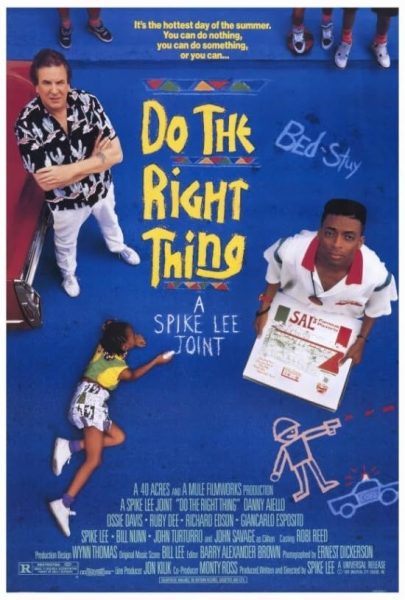
A comedy and drama, Do the Right Thing centers around a neighborhood in Brooklyn, New York, and the main character Mookie, a young black man who works at Sal’s Pizzeria. The tension and heat both physically and metaphorically rise throughout the day, fueled by racial and social injustices. The film captures the complexity of race relations, identity, and social justice through Lee’s distinguishable characters and sharp witty dialogue. Even though this film includes arguing, violence, and questionable characters–it shouldn’t be dismissed for only portraying those things. Lee highlights the struggles of race without offering a simple answer or understanding, leaving the audience to reflect on the impacts of racial injustice and the intricate relations of human nature.
Film 5: The Eternal Sunshine of the Spotless Mind (2004) directed by Michel Gondry
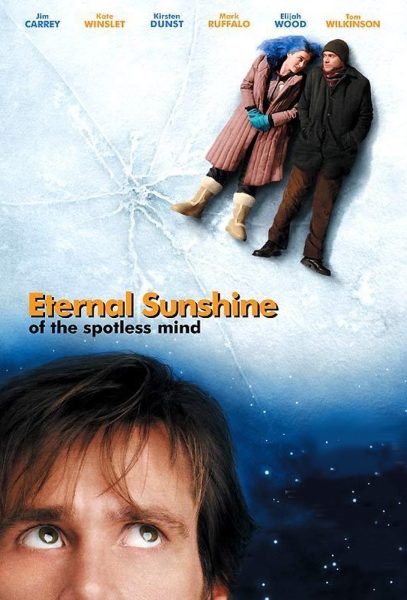
It is a romantic sci-fi drama that follows the painful breakup of the main characters Joel and Clementine. Because of their breakup, they both undergo a new innovative procedure to erase each other’s memories of the other person. The narrative is fragmented, shifting between Joel’s memories, his current experiences during the procedure, and his attempt to keep his memories. This film offers a new perspective on the challenges of love and its consequences. It highlights personal growth and its close relation to love and pain. Overall, I understood that The Eternal Sunshine of the Spotless Mind asks us to reflect on our memories–no matter how painful–to give us meaning, and purpose, and allow us to grow and love wholeheartedly. It makes us think about the bad and good experiences and memories that make us human.
I hold these five films especially close to my heart as they have changed my perspective on love, identity, sacrifice, and the complexities of human relationships. Cinema is a powerful tool for portraying impactful stories, allowing us to empathize and self-reflect. Watching isn’t just about seeing a story unfold but about being changed by it. I hope you can watch them and feel the same transformative experience they offered me.




